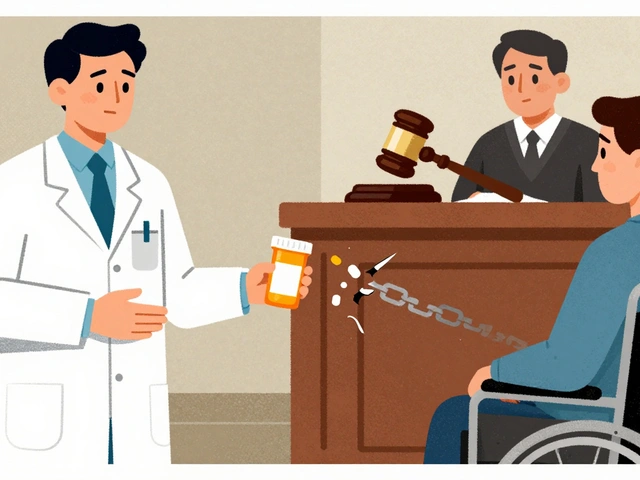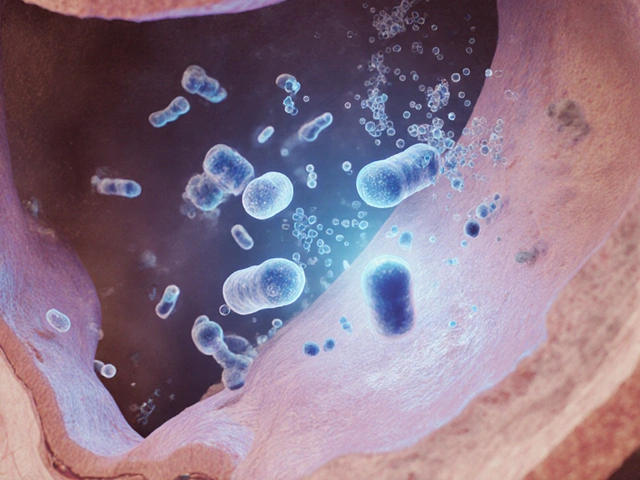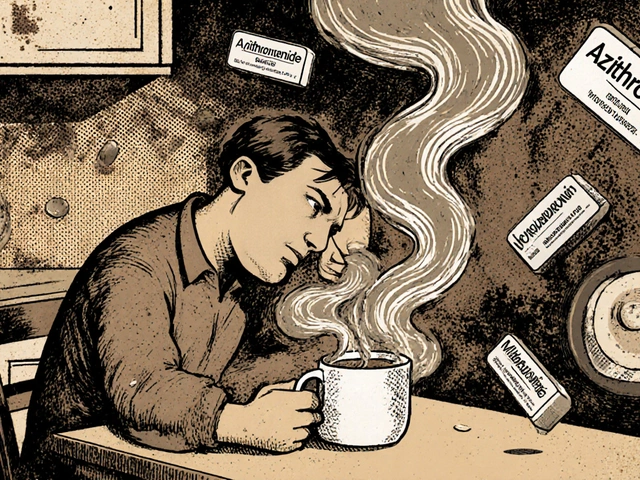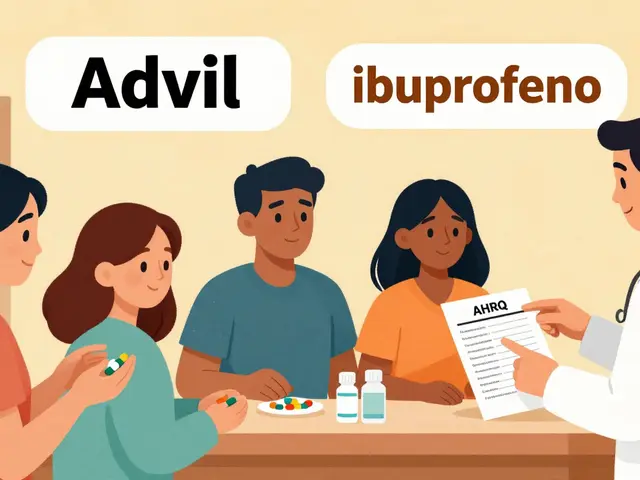Sleep Hormone: What It Is, How It Works, and What Affects It
When your body prepares for sleep, it releases a chemical called melatonin, a natural hormone produced by the pineal gland that signals your brain it’s time to rest. Also known as the sleep hormone, melatonin doesn’t make you sleepy like a drug—it simply tells your body, "It’s dark, time to wind down." This process is tied to your circadian rhythm, your body’s internal 24-hour clock that responds to light and darkness. When sunlight fades, melatonin rises. When the sun comes up, it drops. That’s it. No magic. Just biology.
But modern life messes with this system. Blue light from phones, irregular sleep schedules, shift work, and even late-night snacks can confuse your melatonin production. You might feel tired but can’t fall asleep—not because you’re stressed, but because your body’s signal got scrambled. Studies show that people who use screens an hour before bed produce up to 50% less melatonin. That’s not a myth. It’s measurable. And it’s why so many people say they "can’t sleep," even when they’re exhausted.
Some folks turn to melatonin supplements, but they’re not a cure-all. Taking them at the wrong time can throw your rhythm off even more. The real fix? Consistency. Go to bed and wake up at the same time—even on weekends. Keep your bedroom dark and cool. Get morning sunlight. These aren’t just tips. They’re biological requirements for your sleep hormone to work right.
You’ll find posts here that dig into how medications like buspirone and amitriptyline affect sleep, how pregnancy changes melatonin patterns, and how caffeine can block your body’s natural sleep signals. We also cover how things like gout, diabetes, and even nasal sprays can indirectly mess with your rest. This isn’t about quick fixes. It’s about understanding what’s really going on when you can’t sleep—and how to fix it without guessing.
Below, you’ll see real-world examples of how sleep connects to other health issues. No theory. No fluff. Just what works, what doesn’t, and why.
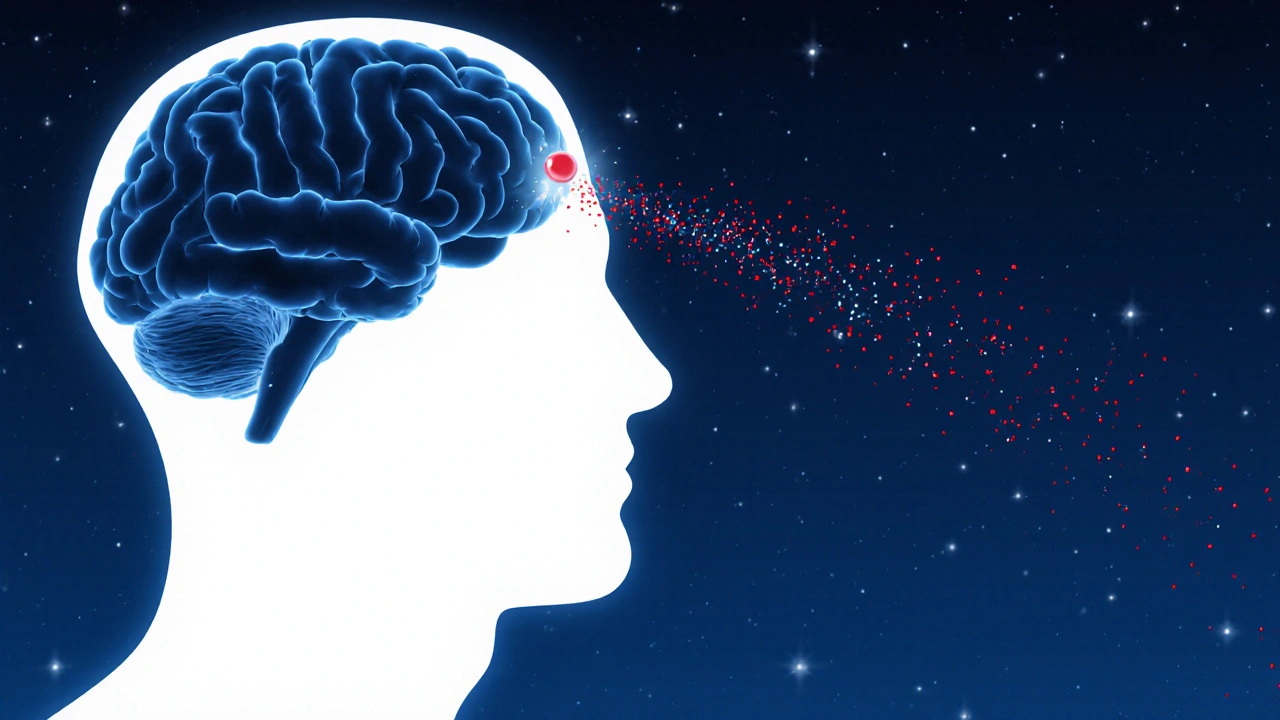
Explore how melatonin acts as both a sleep hormone and a powerful antioxidant, its role in fighting free radicals, and practical ways to boost this dual benefit.
Continue Reading

